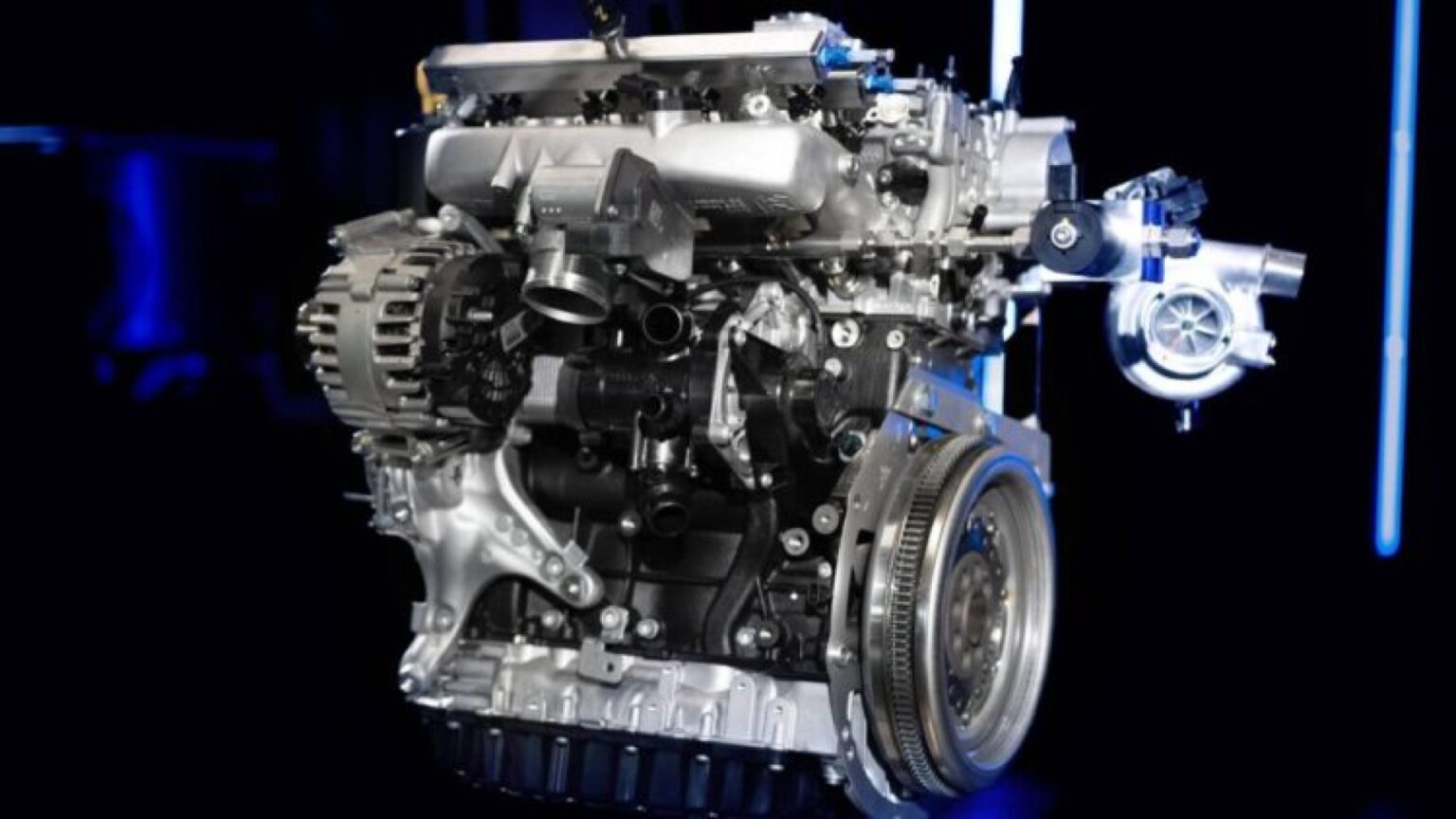Excluding conventional hydrogen from the energy transition landscape presents challenges, but a breakthrough water-powered engine has emerged as a game-changer, setting power records and reshaping the role of hydrogen in decarbonizing the economy.
The production of hydrogen for energy purposes has garnered global interest, with a notable focus on green hydrogen as a promising energy source. Investments in hydrogen production are surging worldwide, with Spain accounting for a significant share of new hydrogen projects in 2022.
However, amidst this fervor for hydrogen, a revolutionary water engine has captured attention for its ability to harness hydrogen in a unique way. Developed by Austrian company AVL Racetech in collaboration with the HUMDA laboratory in Hungary, this hydrogen combustion engine incorporates a groundbreaking water injection system, offering exceptional performance and versatility.
Unlike traditional engines that solely rely on hydrogen, AVL’s engine utilizes hydrogen to its advantage while overcoming power limitations associated with conventional models. By integrating a Port Fuel Injection (PFI) system, which introduces water into the engine’s air intake, the engine achieves stoichiometric combustion, ensuring optimal air-fuel ratios and mitigating the risk of premature ignition.
The result is remarkable: a two-liter hydrogen engine delivering 410 horsepower and 500 Newton-meters of torque, with a specific power density of approximately 205 horsepower per liter. These impressive figures position the engine as a viable contender for high-level motor racing, marking a significant milestone in hydrogen propulsion technology.
Ellen Lohr, Motorsport AVL director and former professional racing driver, emphasizes the engine’s competitive edge and underscores AVL’s commitment to sustainability in motorsport.
Beyond racing, hydrogen combustion engines offer broader implications for zero-emission vehicles, facilitating the transition to sustainable transportation solutions. This water engine symbolizes a paradigm shift in the perception of hydrogen-powered vehicles, paving the way for their widespread adoption and integration into the automotive industry.
As hydrogen enthusiasts herald the potential of this groundbreaking technology, the emergence of hydrogen highways signifies a new era of sustainable transportation on the horizon. Indeed, the water engine represents a triumph for hydrogen innovation, reshaping the automotive landscape and accelerating the transition towards a greener future.
By Impact Lab


